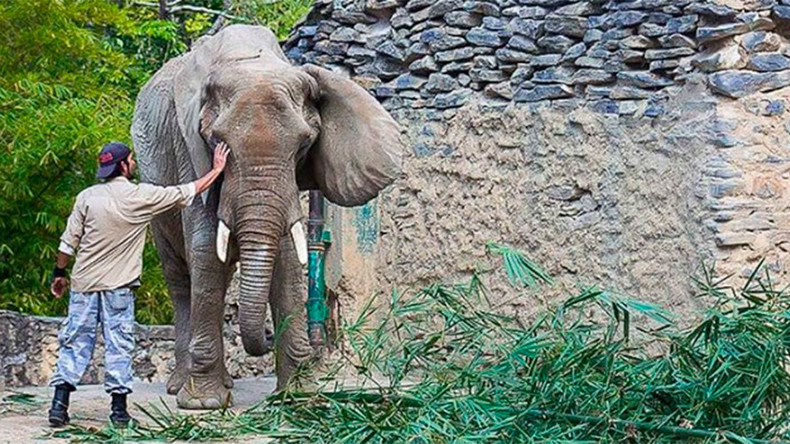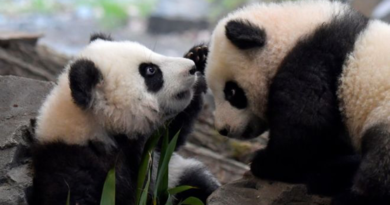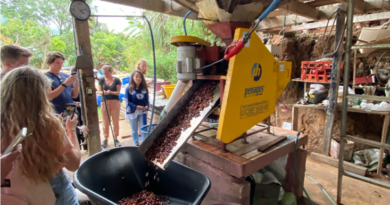Zoo Animals Of Venezuela Going Hungry
At the Zulia animal park in Maracaibo, Venezuela has numerous animals that are suffering from malnutrition as many zoos throughout the country are feeling the nationwide food crisis deepen.
A downward-spiraling economy has brought havoc to the struggling nation, and many photos have been released on social media of the undernourishment endured by Venezuelan zoo animals.
At Zulia, Numerous pumas have lost enough weight that their bones are visible through their skin. In addition, ducks, pigs and goats have been sacrificed to feed other animals throughout the zoo. Notorious carnivorous animals such as African lions and Bengal tigers were once the most prominent animals inside the zoo, but they have since both lost substantial amounts of weight.
“The truth is, Venezuela’s zoo animal problem is merely an extension of the deeply permeating economic problems in the country,” said Antonella Regueiro, assistant professor from Venezuela. “Unfortunately, the animals have become collateral damage, not just in the zoo but in regular households as well. Many pets have been abandoned by Venezuelans due to their owner’s inability to feed them.”
Zoologists have insisted that these animals should be eating 10 percent of their total weight daily, but in Venezuela, they are lucky to eat that much in a week. This is all a result of a country that was once the wealthiest countries in the world becoming the poorest of them all.
To make matters worse, Venezuela is bringing in outside animals to feed species that have not been fed for weeks. Venezuela has had many cases where birds are eating other birds in their cages out of spite because they are so hungry.
Many animals would be able to recover if they received the right amount of resources. In a country where resources are already constrained, the future is not looking bright. Management at these zoos has acknowledged the problem, solely placing the blame on their small budget and food scarcity.
“This food crisis in Venezuela is catastrophic, and yet it continues to grow,” said Anna Krift, associate professor. “There are many students, faculty and staff at Lynn with ties to Venezuela, and I believe that during such a difficult time we should all support them in any way we can.”
Many Venezuelan zoo veterinarians are not optimistic that they will be able to overcome this epidemic, particularly based on the political state in which Venezuela stands.
While the epidemic is likely the weightiest in the history of the country, many feel the food crisis is strictly a political issue that has no relation to the animals. Still, they continue to suffer.
“Venezuela should be one of the richest countries in the world due to its oil reserves. More than that, it boasts a perfect climate, wonderful people, beautiful sights and the potential for greatness,” said Regueiro. “The situation in Venezuela will unfortunately get much worse before it gets any better, which means many of the zoo animals in the photos released will not survive.”




